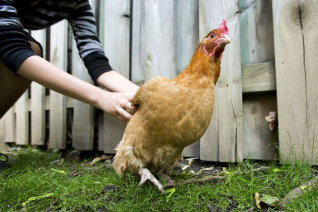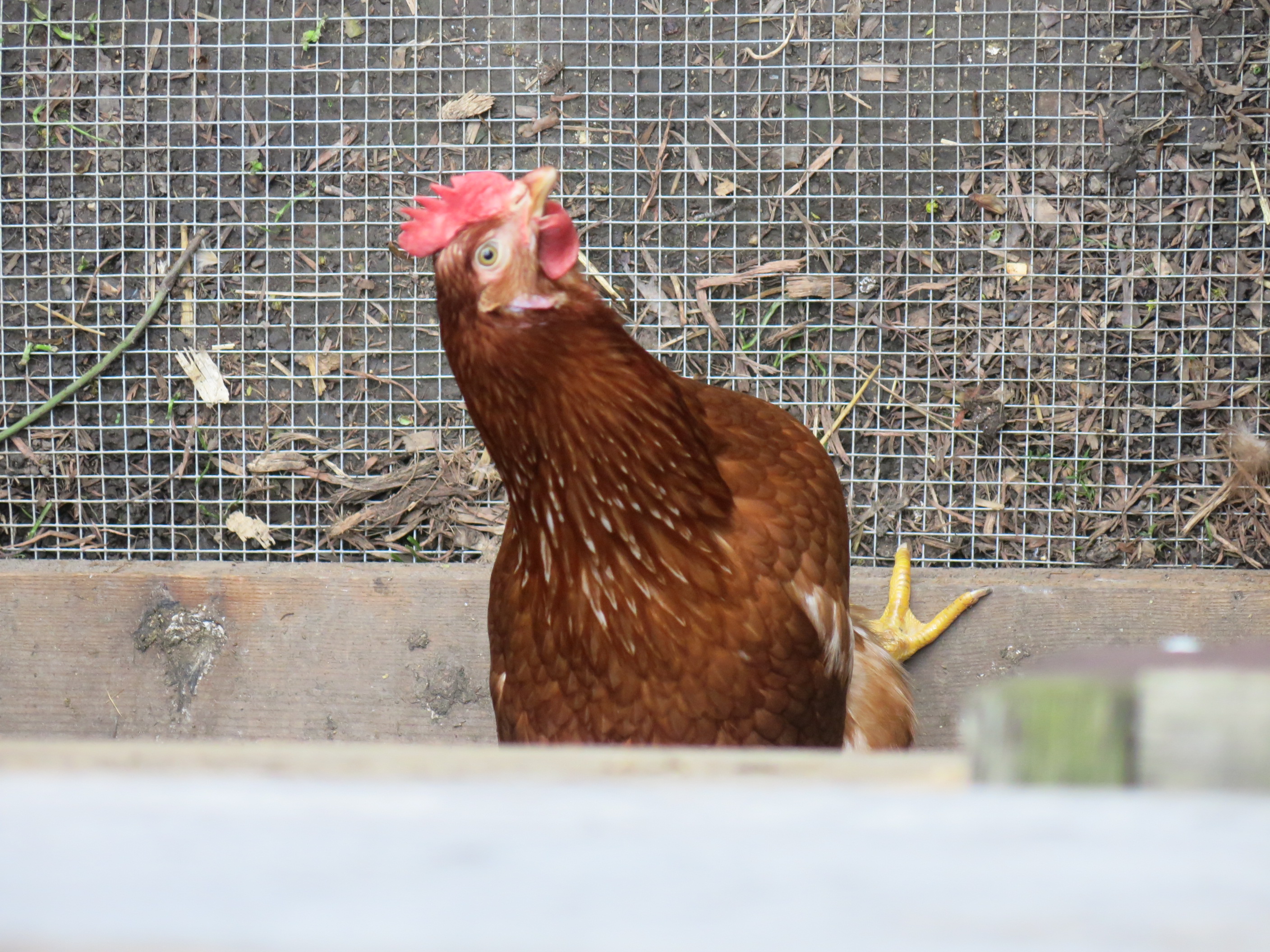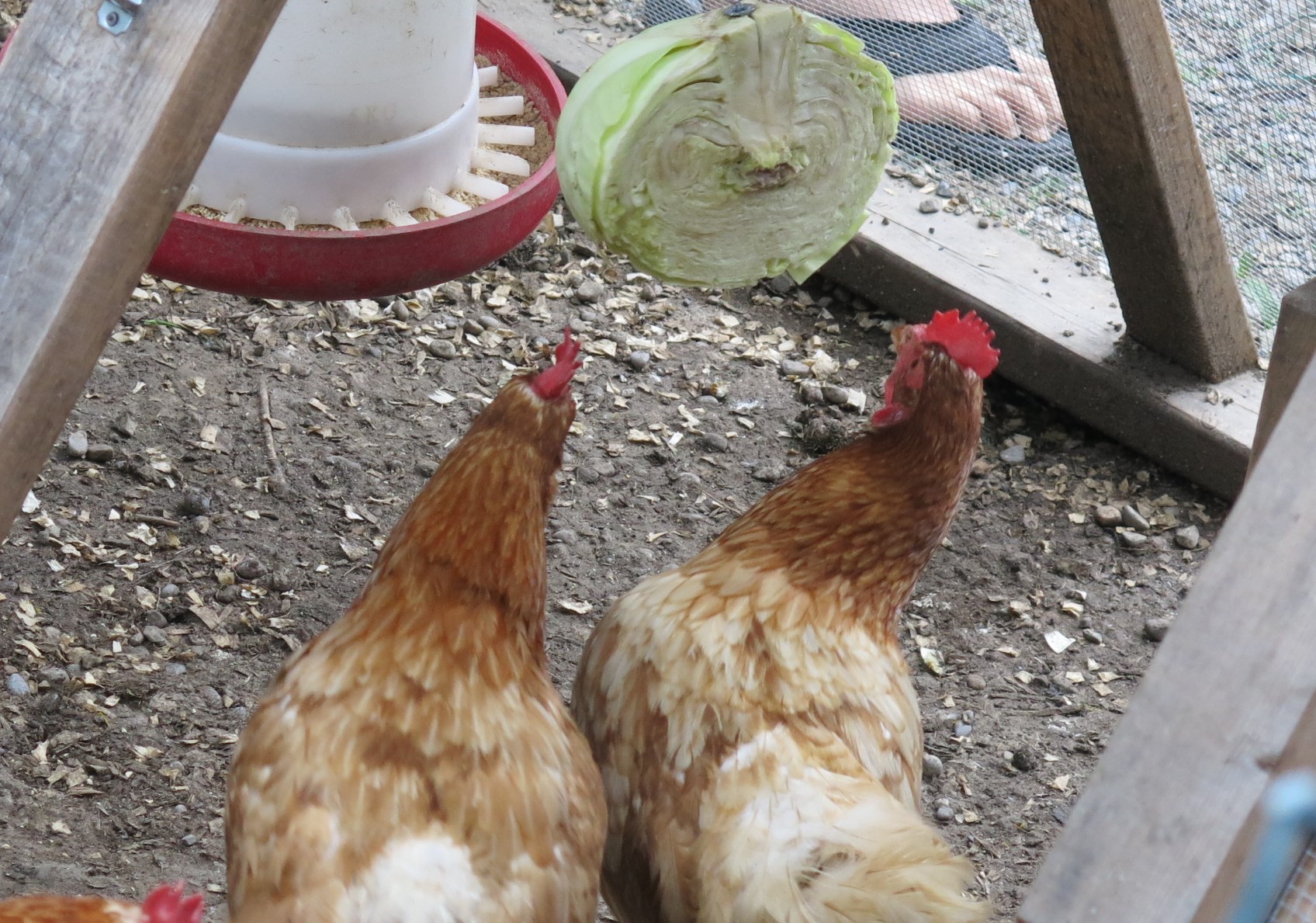Urban HensTO program paused

Organizations responsible for ensuring public health in
light of avian flu, such as the the Ontario Ministry of Health, Canadian Food Inspection Agency and US Center for Disease Control, are united in continuing to
allow backyard hens and in recommending sensible biosecurity measures to
protect urban flocks and public health.
What they are NOT recommending is making urban hens illegal.
Is avian flu a concern?

- Public health bodies like Ontario Ministry of Health, Canadian Food Inspection Agency and US Center for Disease Control are not advocating for eliminating backyard flocks
- See updated letter from veterinary epidemiologist Dr. David Waltner-Toews. Public education, engagement and training on biosecurity and sanitation is a better answer.
- There have been very few cases of bird to human virus transmission
- Backyard flocks are not a high risk for spreading the disease
- Proper hygiene and bird handling practices reduce the risk further
Protein can be difficult to grow in home or community garden plots. Keeping hens gives people access to an important protein source (eggs). Any measures that allow people to produce their own food strengthen food sovereignty and give people more control over how they access food. If community chicken programs were allowed, it would give access to henkeeping to people who don't have the financial resources or backyard space to do it on their own.
If the program is expanded, how can the City improve access
for residents who don't have adequate outdoor space for hens?
Community chicken programs are successfully offered around
the world in schools, public housing and community gardens. These programs give
access to people who don't have the space or financial resources, or can't
commit to caring for chickens full-time. It also means the programs are run by
people who are mandated to meet community needs and may have access to more
resources and expertise than an individual homeowner might have.
Animal welfare

Posted on
